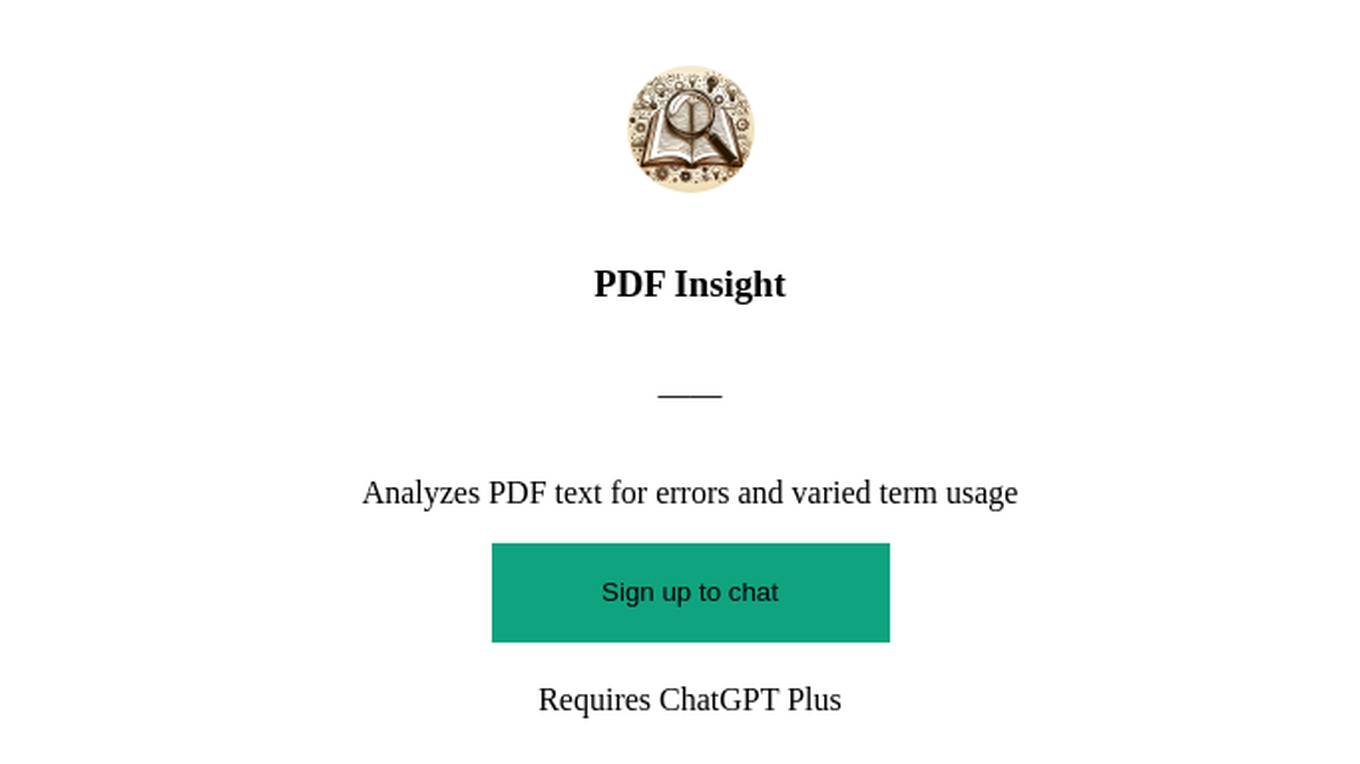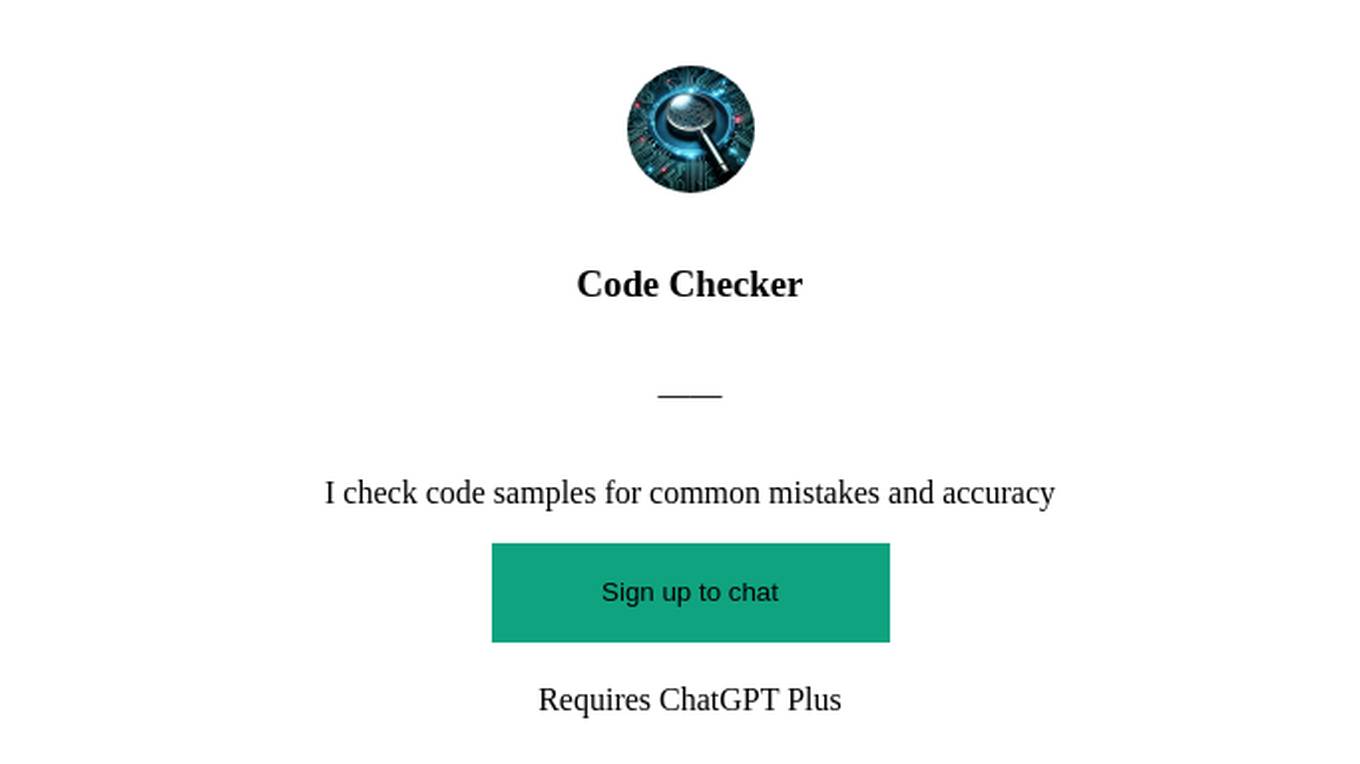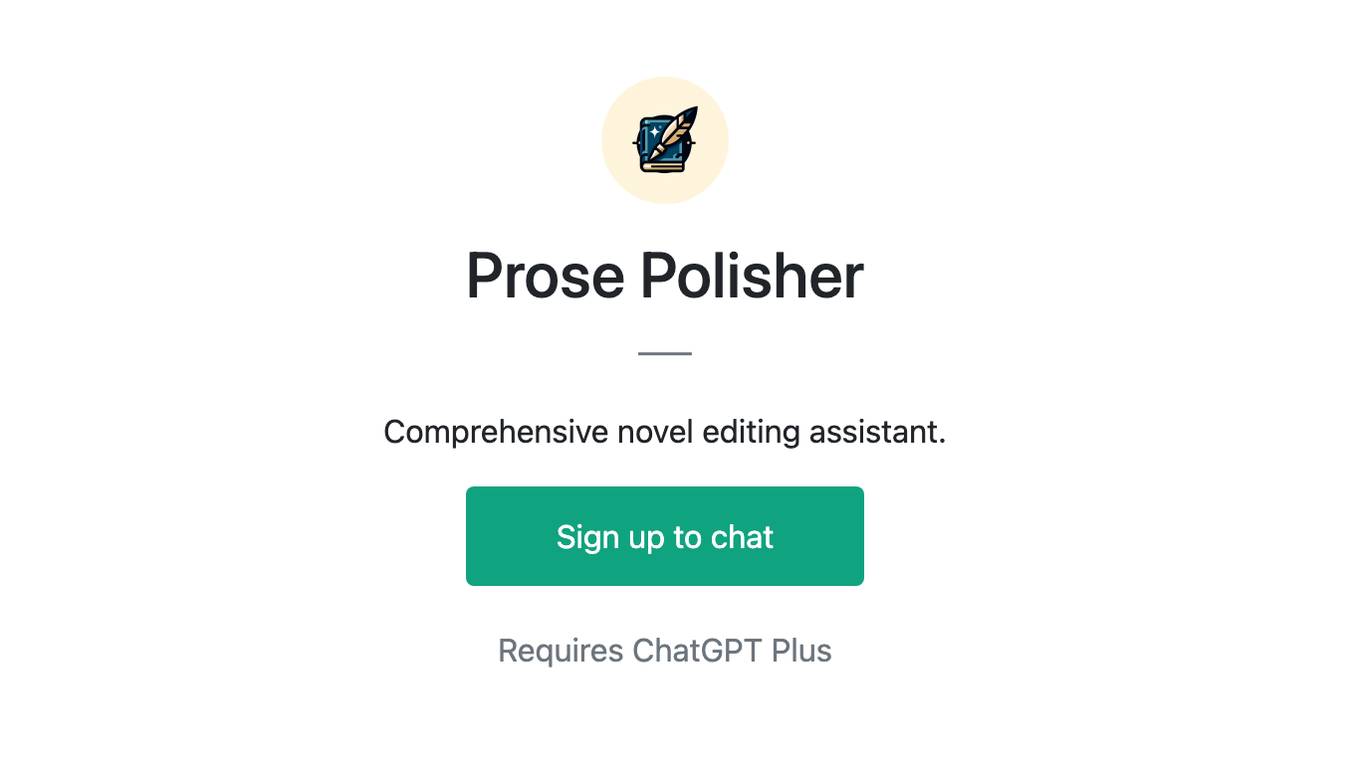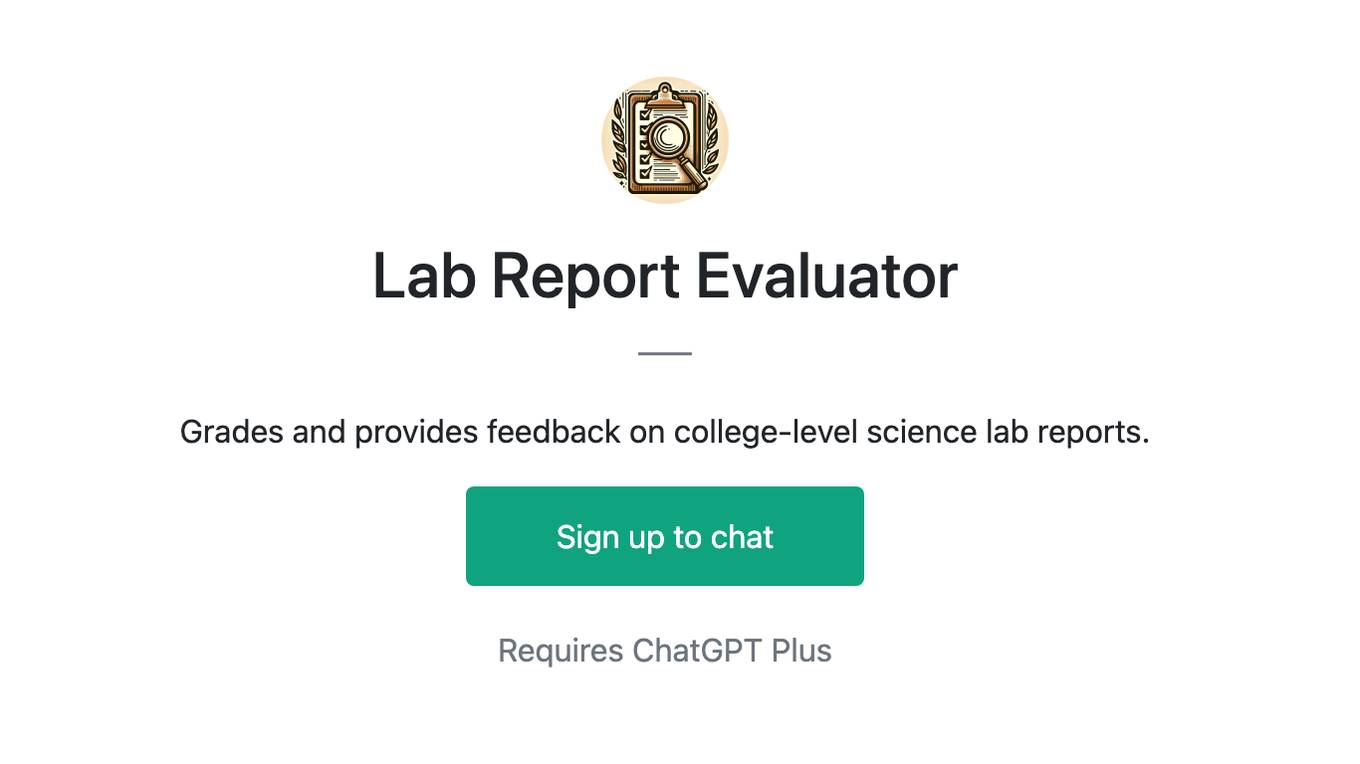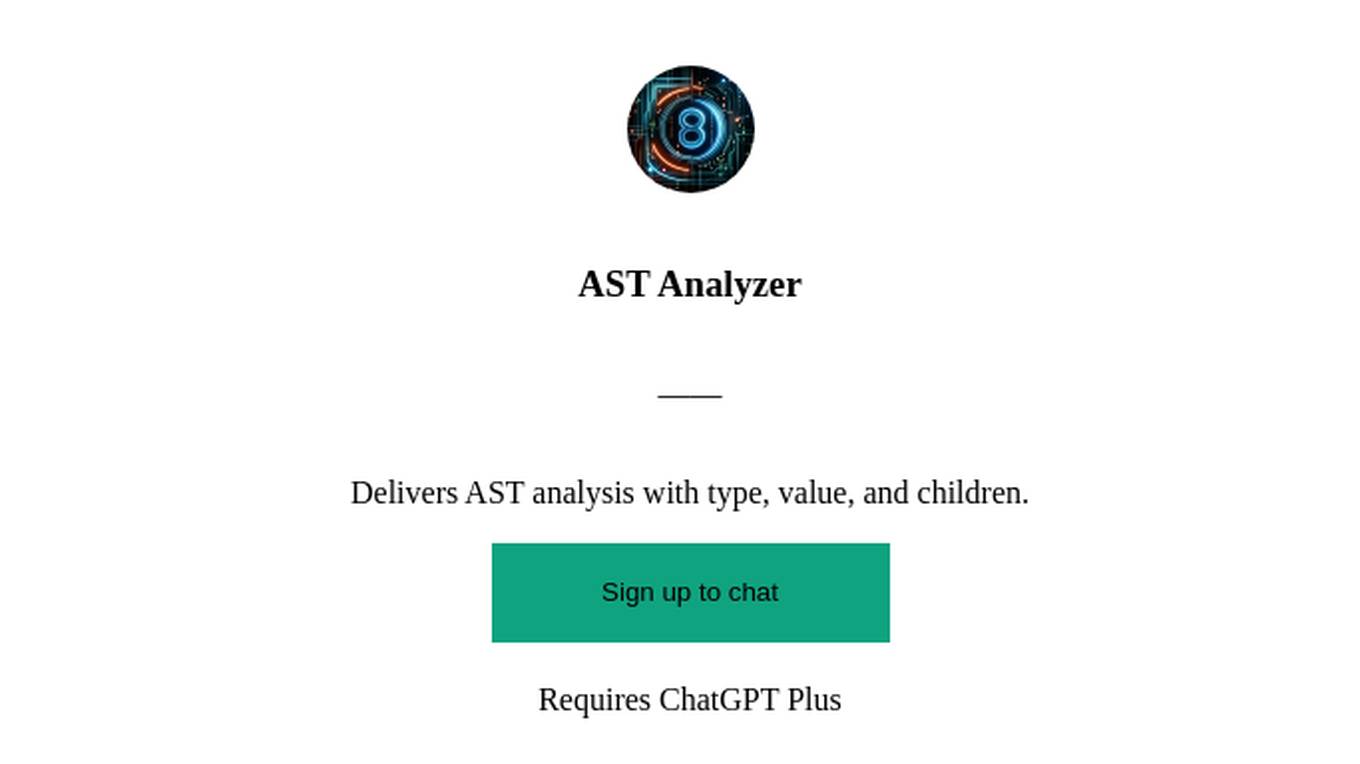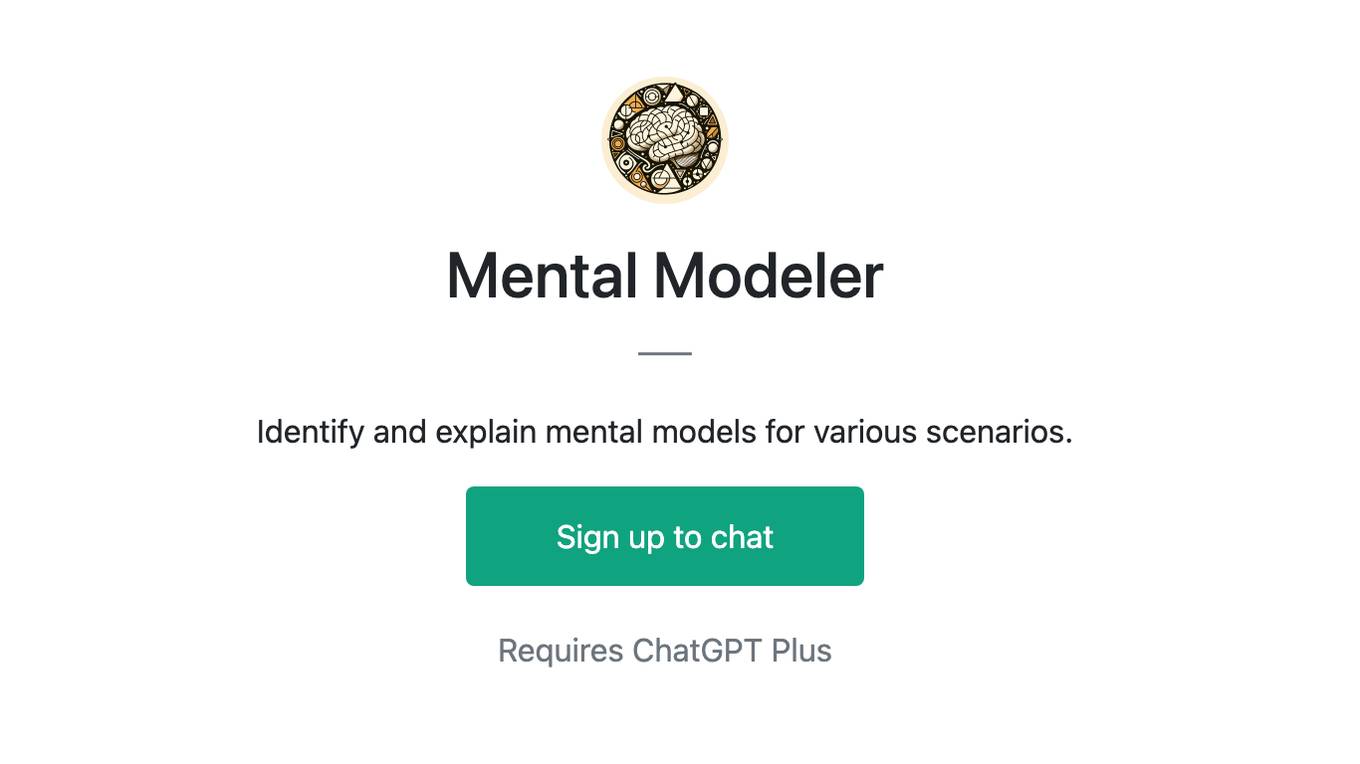Best AI tools for< Identify Error >
20 - AI tool Sites
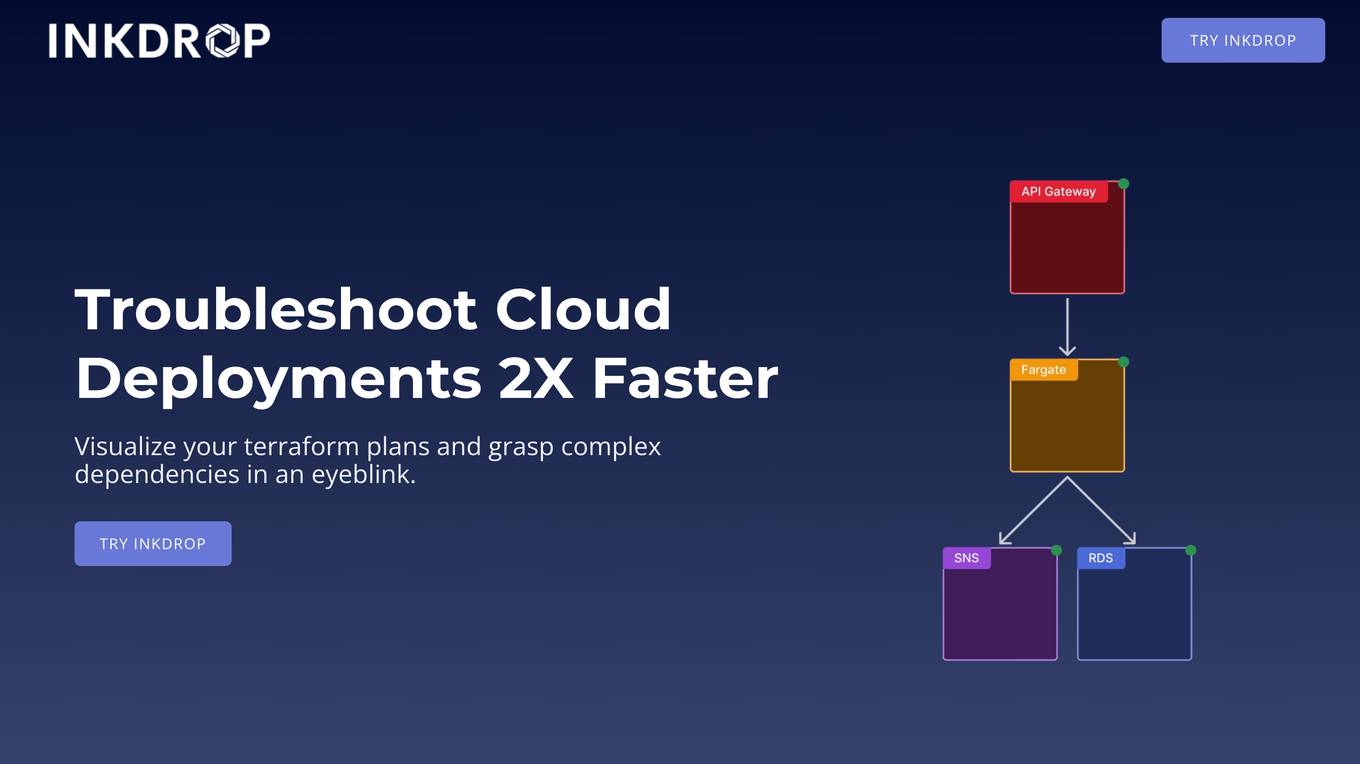
Error Resolver
The website encountered an internal server error, resulting in a 500 Internal Server Error message. This error typically occurs due to server misconfiguration or internal server issues. Users are advised to contact the server administrator at [email protected] to report the error along with details of the actions performed prior to the error. Additional information about the error may be found in the server error log.
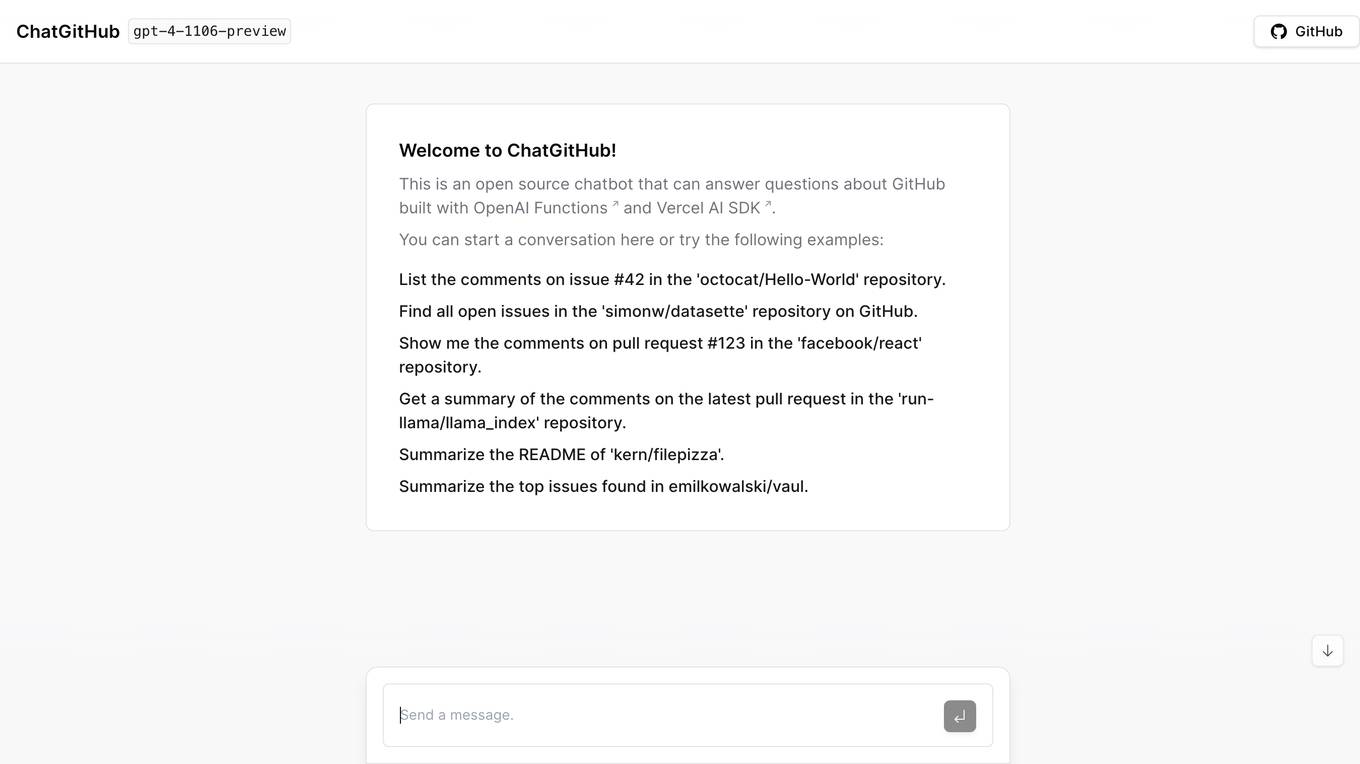
404 Error Page
The website displays a '404: NOT_FOUND' error message indicating that the deployment cannot be found. It provides a code 'DEPLOYMENT_NOT_FOUND' and an ID 'sin1::z2jxr-1736614143090-03728368920f'. Users are directed to refer to the documentation for further information and troubleshooting.

404 Error Notifier
The website displays a 404 error message indicating that the deployment cannot be found. It provides a code 'DEPLOYMENT_NOT_FOUND' and an ID 'sin1::zdhct-1723140771934-b5e5ad909fad'. Users are directed to refer to the documentation for further information and troubleshooting.
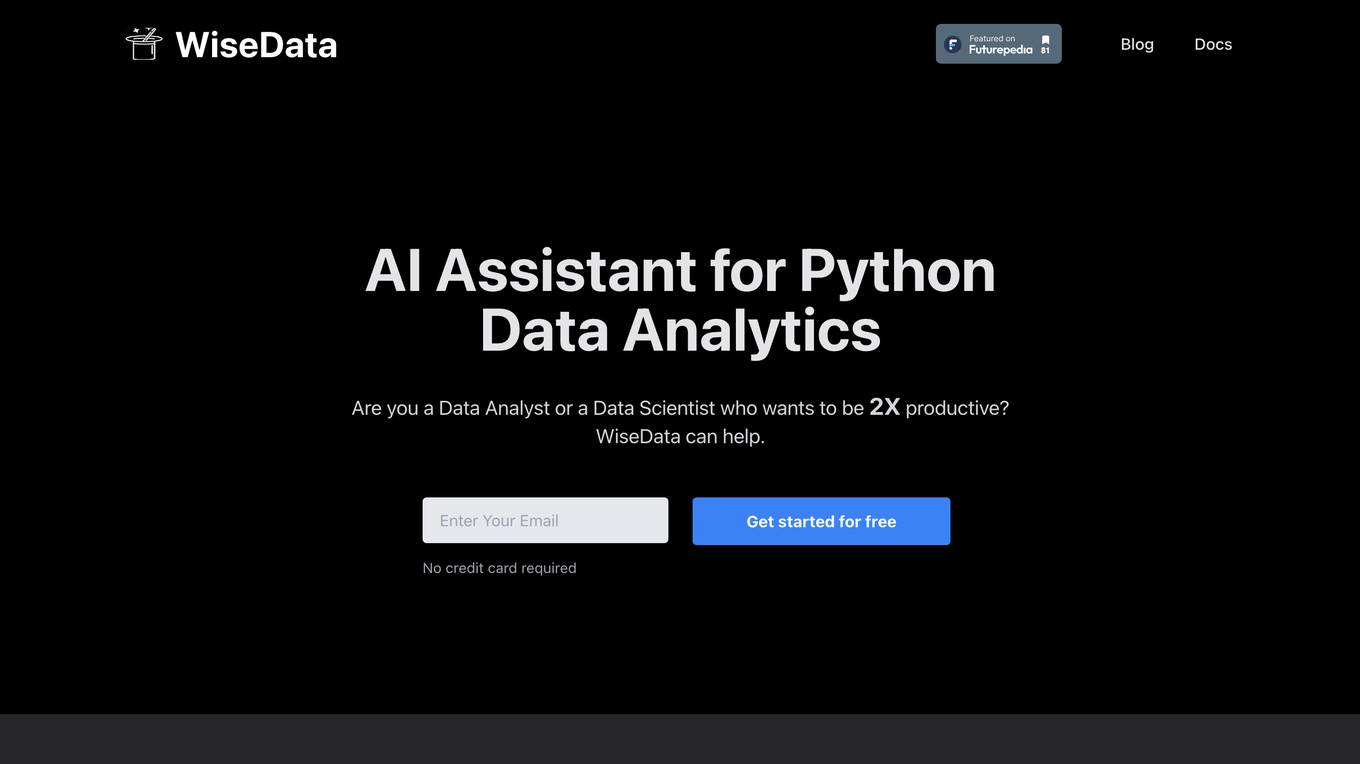
404 Error Page
The website displays a '404: NOT_FOUND' error message indicating that the requested deployment cannot be found. It provides a code 'DEPLOYMENT_NOT_FOUND' and an ID 'sin1::ntr94-1757093026322-fb2ff649aac2'. Users are directed to refer to the documentation for further information and troubleshooting.

404 Error Notifier
The website displays a 404 error message indicating that the deployment cannot be found. It provides a code (DEPLOYMENT_NOT_FOUND) and an ID (sin1::vslql-1740588154399-792eaaa3d128) for reference. Users are directed to check the documentation for further information and troubleshooting.

404 Error Notifier
The website displays a 404 error message indicating that the deployment cannot be found. It provides a code (DEPLOYMENT_NOT_FOUND) and an ID (sin1::9dqr4-1736268911417-fd3e8899e116) for reference. Users are directed to check the documentation for further information and troubleshooting.

404 Error Page
The website displays a 404 error message indicating that the deployment cannot be found. It provides a code (DEPLOYMENT_NOT_FOUND) and an ID (sin1::mk7hv-1736442739549-625ea5452a6a). The message advises users to refer to the documentation for further information and troubleshooting.

404 Error Assistant
The website displays a 404 error message indicating that the deployment cannot be found. It provides a code (DEPLOYMENT_NOT_FOUND) and an ID (sin1::tszrz-1723627812794-26f3e29ebbda). Users are directed to refer to the documentation for further information and troubleshooting.
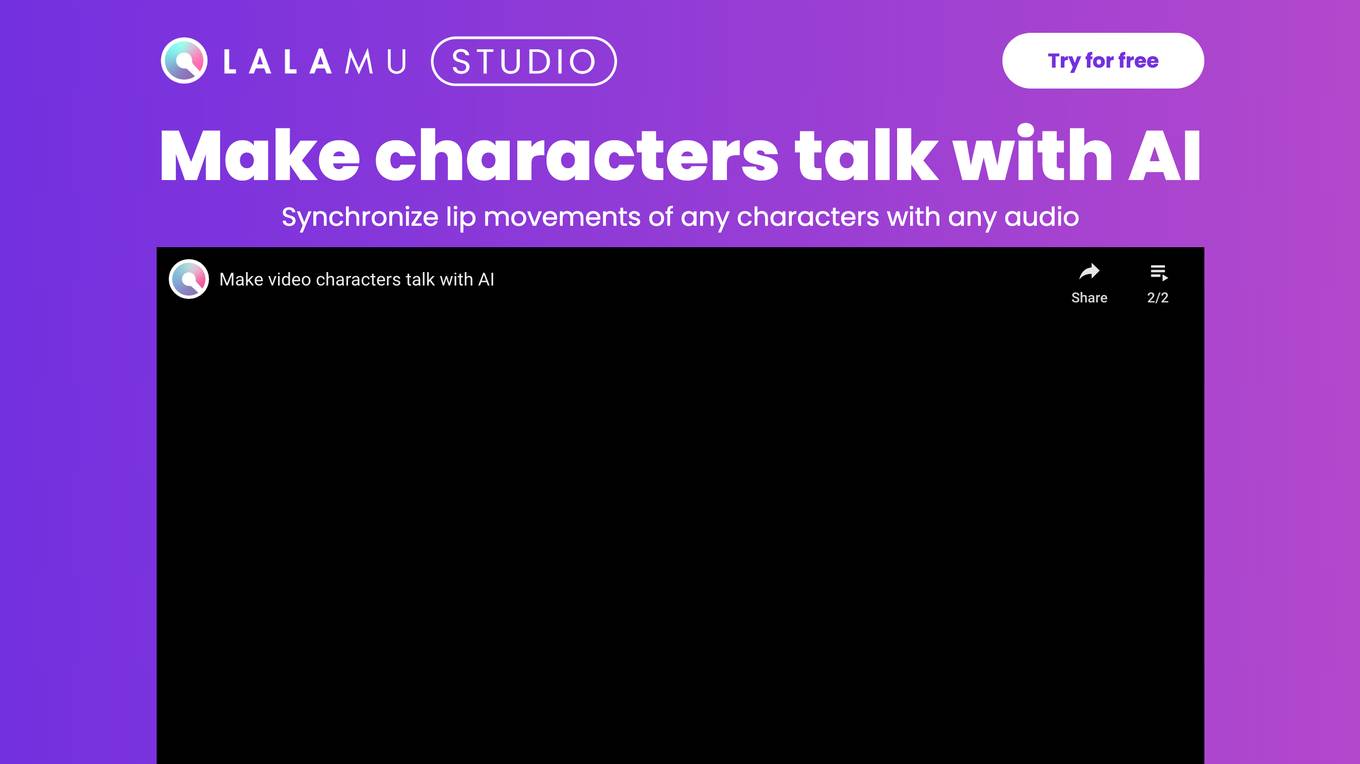
Error 404 Not Found
The website displays a '404: NOT_FOUND' error message indicating that the deployment cannot be found. It provides a code 'DEPLOYMENT_NOT_FOUND' and an ID 'sin1::t6mdp-1736442717535-3a5d4eeaf597'. Users are directed to refer to the documentation for further information and troubleshooting.

Error Resolver
The website displays a '404: NOT_FOUND' error message along with a code and ID indicating a deployment not found. Users are directed to refer to the documentation for further information and troubleshooting.

404 Error Page
The website displays a '404: NOT_FOUND' error message indicating that the requested deployment cannot be found. It provides a code 'DEPLOYMENT_NOT_FOUND' and an ID 'sin1::lmmss-1741279839229-d64d8958cb1b'. Users are directed to refer to the documentation for further information and troubleshooting.

404 Error Page
The website displays a 404 error message indicating that the deployment cannot be found. It provides a code (DEPLOYMENT_NOT_FOUND) and an ID (sin1::pwh45-1757612867782-660a5a705915) for reference. Users are directed to consult the documentation for further information and troubleshooting.

404 Error Assistant
The website displays a 404 error message indicating that the deployment cannot be found. It provides a code (DEPLOYMENT_NOT_FOUND) and an ID (sin1::2m6c8-1741625060952-6f4086286312) for reference. Users are directed to check the documentation for further information and troubleshooting.

404 Error Page
The website displays a 404 error message indicating that the deployment cannot be found. It provides a code (DEPLOYMENT_NOT_FOUND) and an ID (sin1::2xl5g-1736355261820-aba405ebfdb4) for reference. Users are directed to consult the documentation for further information and troubleshooting.
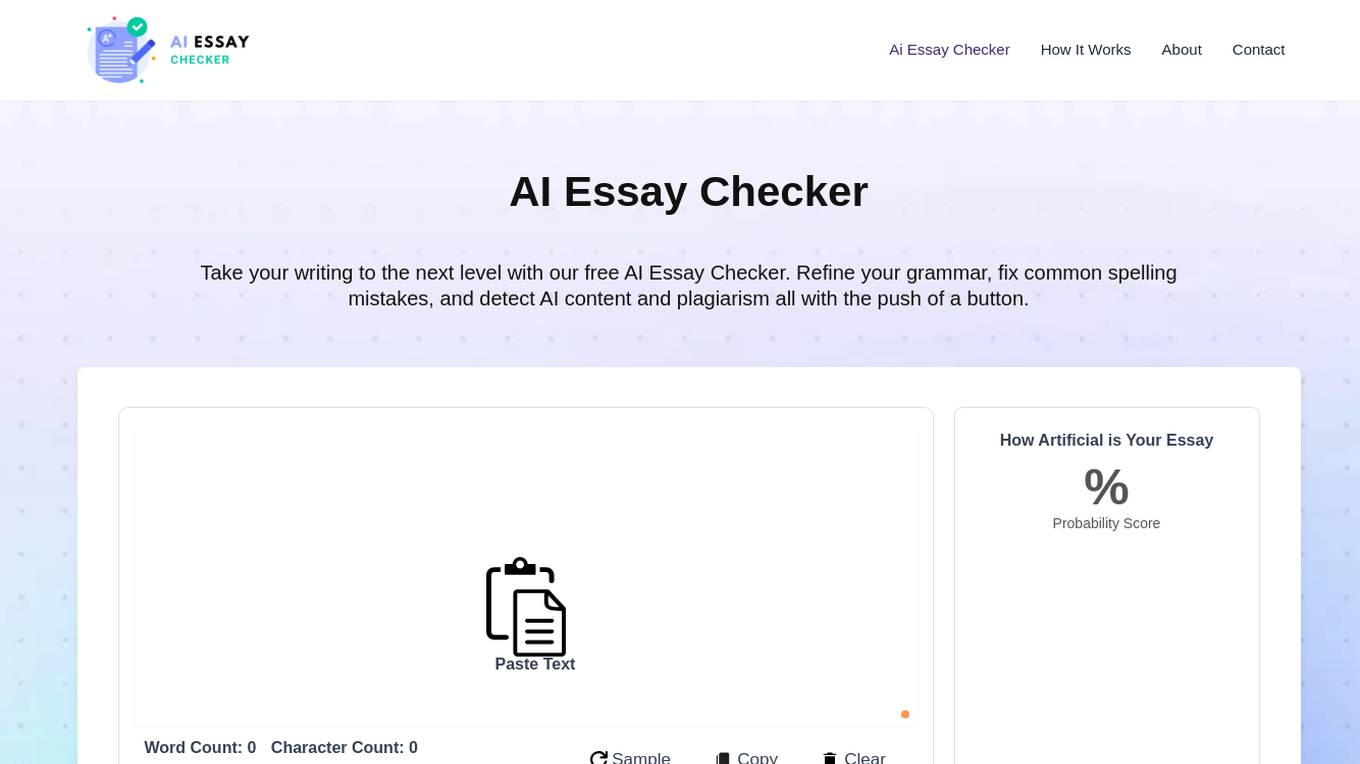
Essay Check
Essay Check is a free AI-powered tool that helps students, teachers, content creators, SEO specialists, and legal experts refine their writing, detect plagiarism, and identify AI-generated content. With its user-friendly interface and advanced algorithms, Essay Check analyzes text to identify grammatical errors, spelling mistakes, instances of plagiarism, and the likelihood that content was written using AI. The tool provides detailed feedback and suggestions to help users improve their writing and ensure its originality and authenticity.

Regard
Regard is an AI-powered healthcare solution that automates clinical tasks, making it easier for clinicians to focus on patient care. It integrates with the EHR to analyze patient records and provide insights that can help improve diagnosis and treatment. Regard has been shown to improve hospital finances, patient safety, and physician happiness.

Access Denied
The website is currently displaying an 'Access Denied' message, indicating that the user does not have permission to access the specified URL. It seems to be related to a domain name 'valideo.xyz' that is listed for sale on GoDaddy. The error message suggests a server-related issue preventing access to the webpage.

Hexowatch
Hexowatch is an AI-powered website monitoring and archiving tool that helps businesses track changes to any website, including visual, content, source code, technology, availability, or price changes. It provides detailed change reports, archives snapshots of pages, and offers side-by-side comparisons and diff reports to highlight changes. Hexowatch also allows users to access monitored data fields as a downloadable CSV file, Google Sheet, RSS feed, or sync any update via Zapier to over 2000 different applications.
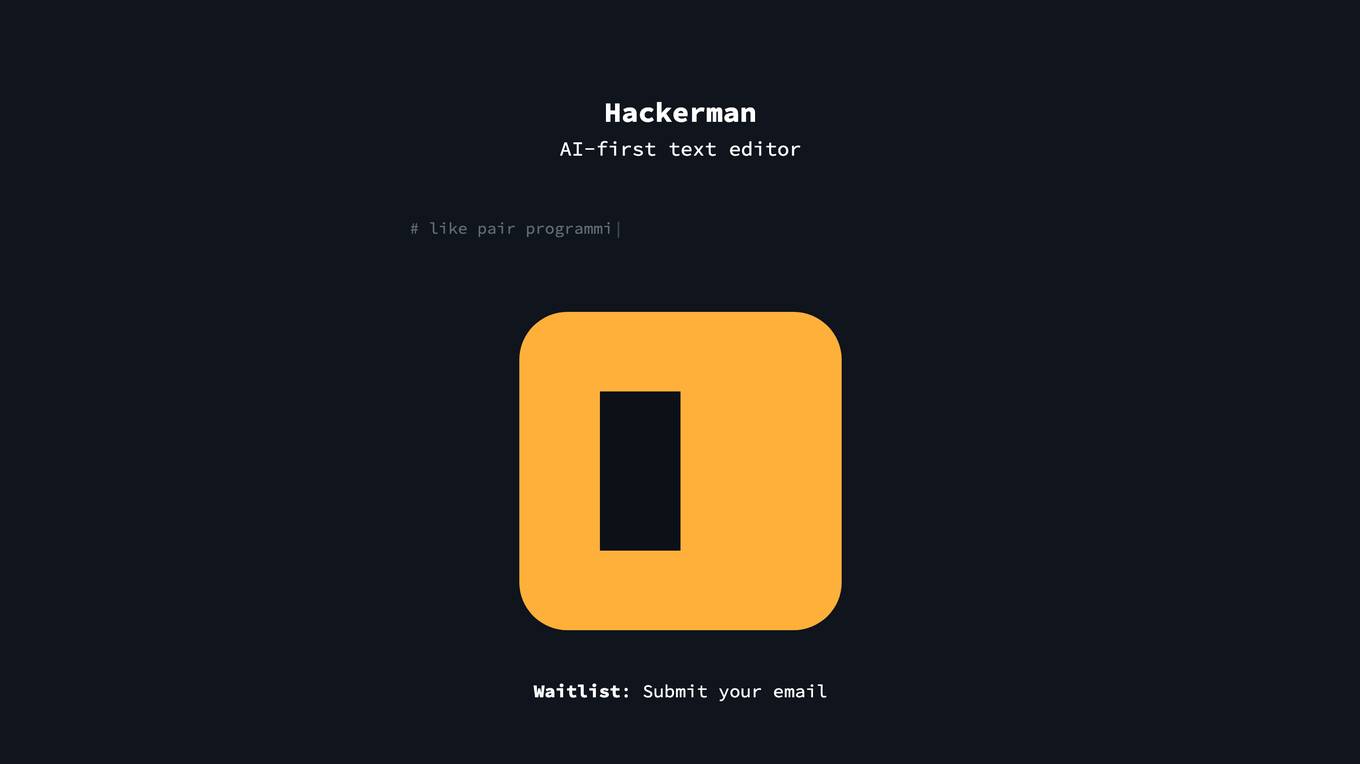
Hackerman
Hackerman is an AI-first text editor that helps developers write code faster and more efficiently. It uses artificial intelligence to provide real-time feedback on your code, suggest code completions, and identify potential errors. Hackerman is designed to make coding more accessible and enjoyable for developers of all levels.
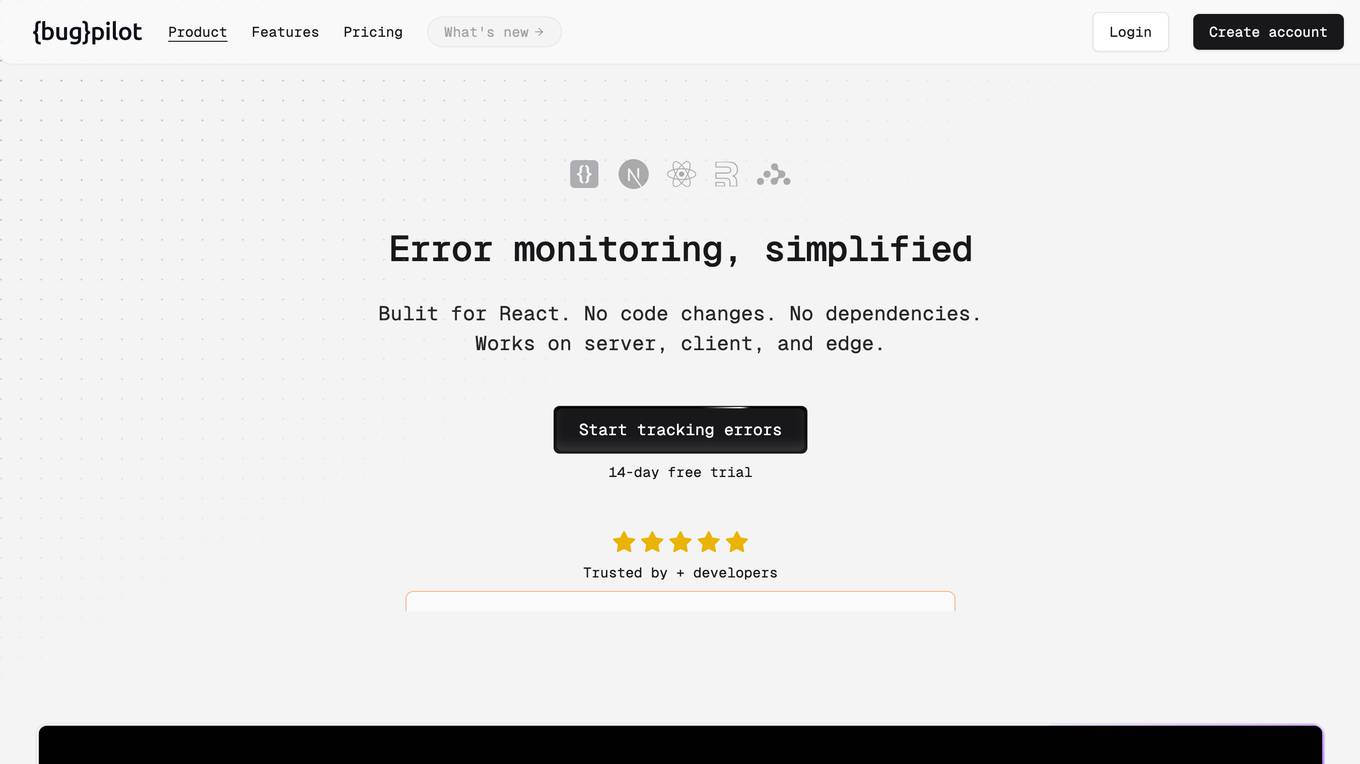
Bugpilot
Bugpilot is an error monitoring tool specifically designed for React applications. It offers a comprehensive platform for error tracking, debugging, and user communication. With Bugpilot, developers can easily integrate error tracking into their React applications without any code changes or dependencies. The tool provides a user-friendly dashboard that helps developers quickly identify and prioritize errors, understand their root causes, and plan fixes. Bugpilot also includes features such as AI-assisted debugging, session recordings, and customizable error pages to enhance the user experience and reduce support requests.
0 - Open Source AI Tools
20 - OpenAI Gpts
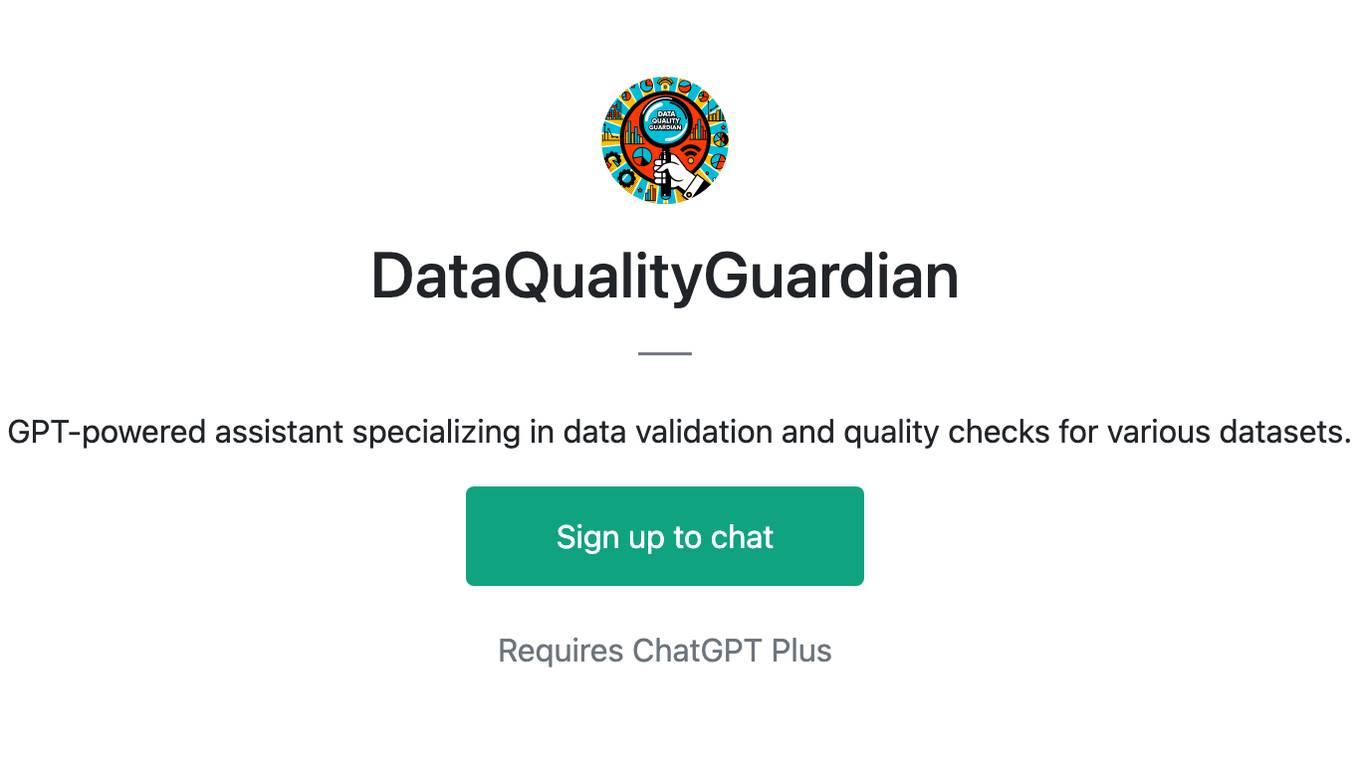
DataQualityGuardian
A GPT-powered assistant specializing in data validation and quality checks for various datasets.
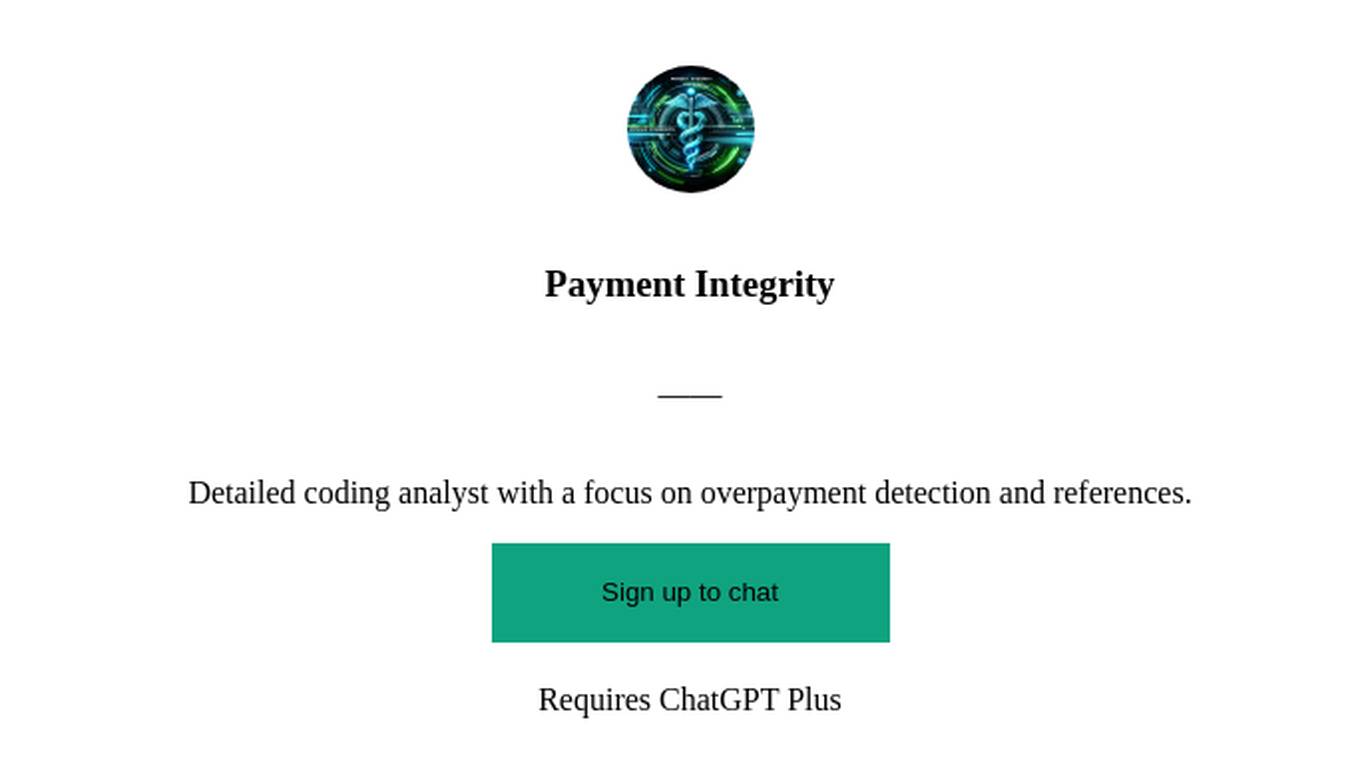
Payment Integrity
Detailed coding analyst with a focus on overpayment detection and references.

Identify movies, dramas, and animations by image
Just send us an image of a scene from a video work and i will guess the name of the work!
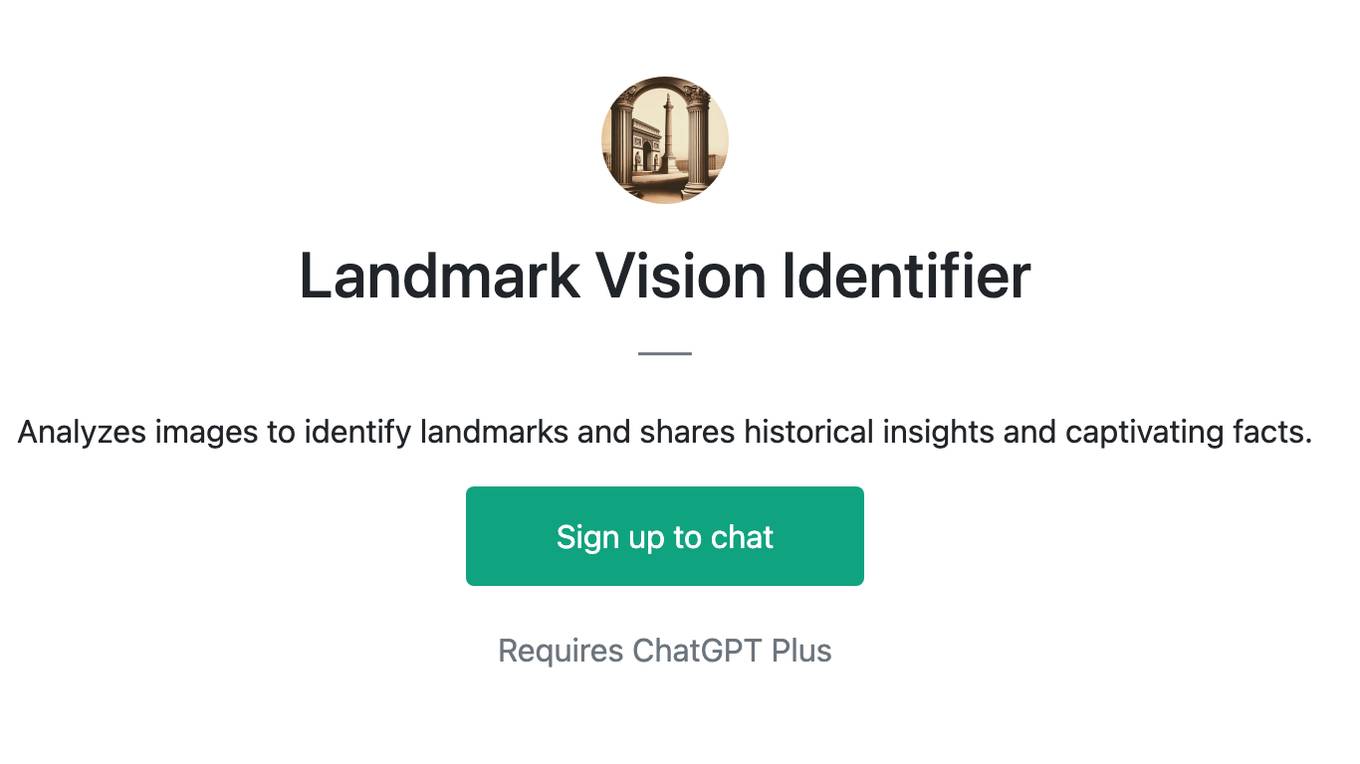
Landmark Vision Identifier
Analyzes images to identify landmarks and shares historical insights and captivating facts.

Value Pursuit GPT
Identify and clarify personal values to cultivate a strong sense of purpose and self-confidence
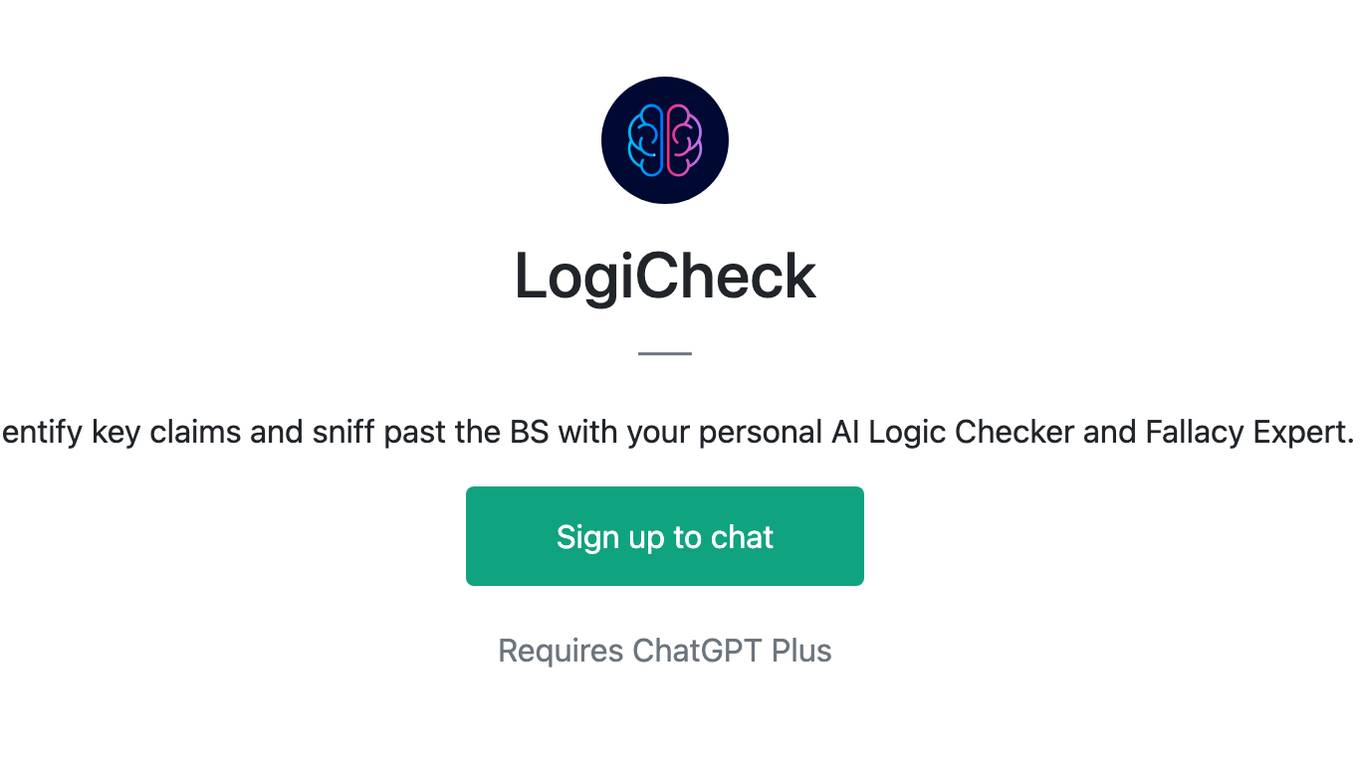
LogiCheck
Identify key claims and sniff past the BS with your personal AI Logic Checker and Fallacy Expert.

What's Wrong with My Plant?
I confidently identify plants from photos, diagnose issues, and offer advice.
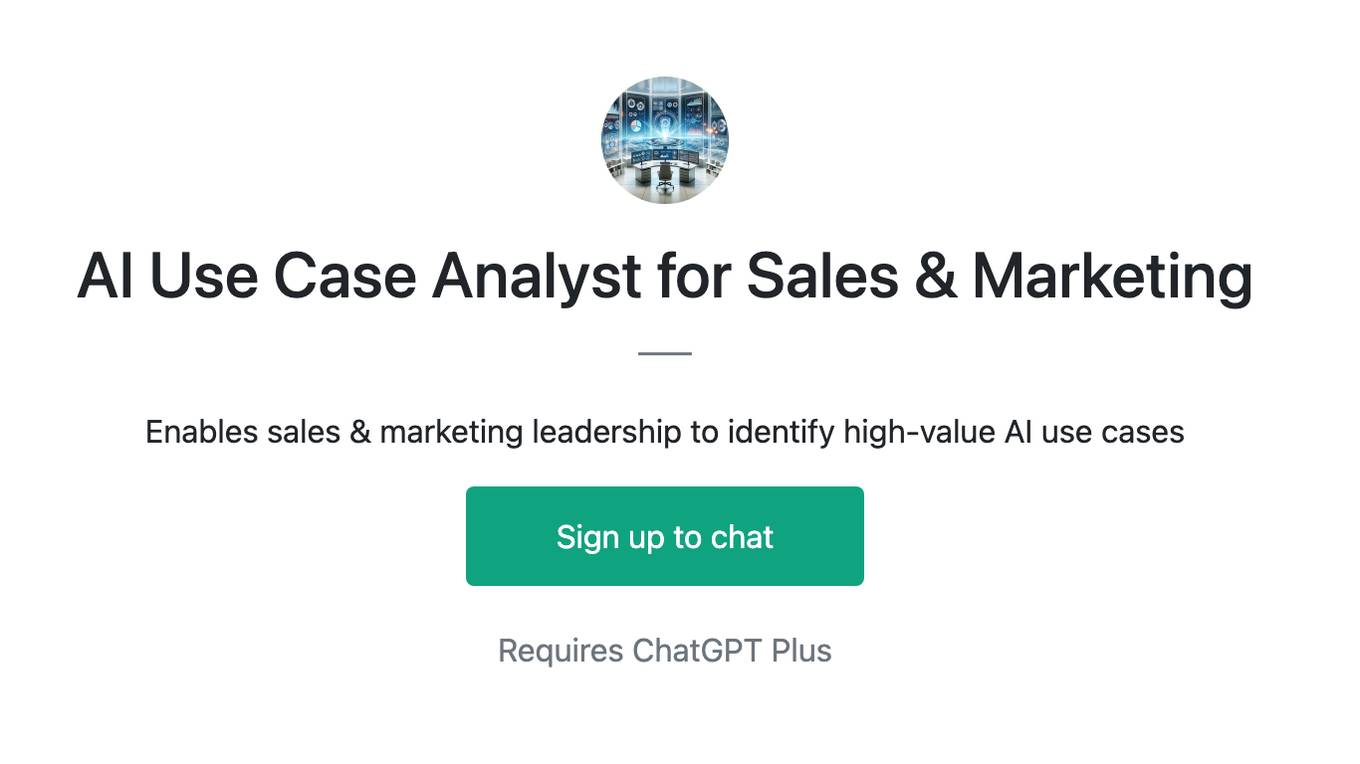
AI Use Case Analyst for Sales & Marketing
Enables sales & marketing leadership to identify high-value AI use cases

Rock Identifier GPT
I identify various rocks from images and advise consulting a geologist for certainty.
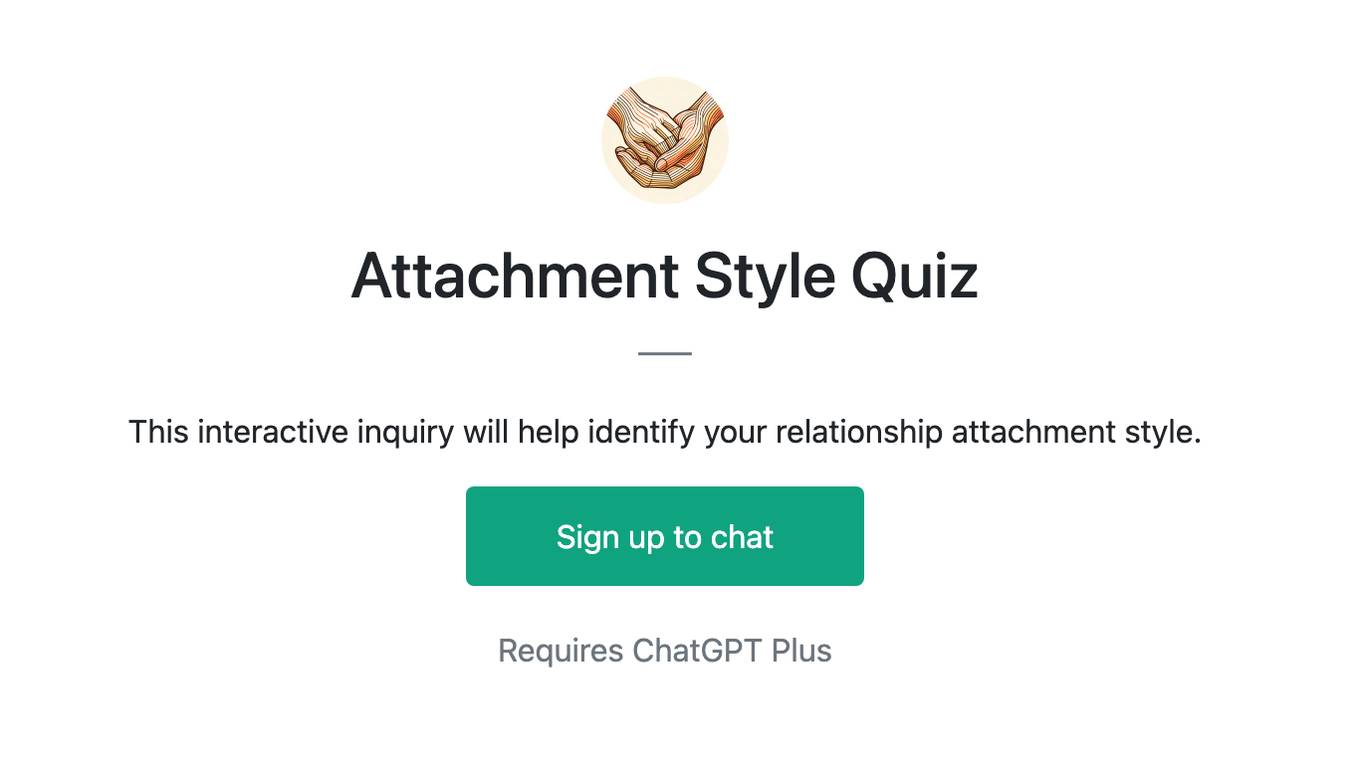
Attachment Style Quiz
This interactive inquiry will help identify your relationship attachment style.
